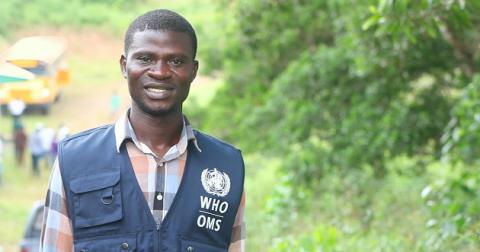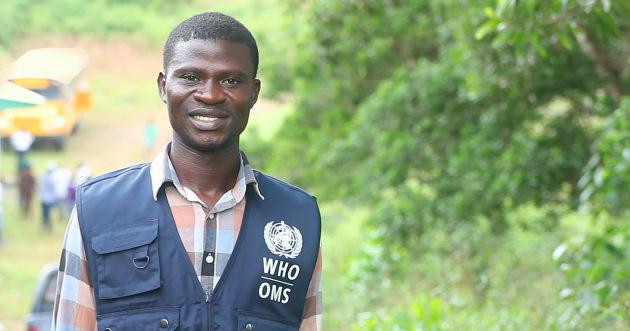
21,206 confirmed cases, 8,386 resulting deaths and counting.
These were the startling figures on the Ebola virus published by the World Health Organization at the beginning of 2015.
“The Ebola crisis is a shocking reminder to the international community that health systems need to be strengthened in order to tackle the problem at its roots and prevent the outbreak of costly epidemics in the long-run,” said Denis Porignon, a health policy expert at the WHO in Geneva.
Since the beginning of the epidemic, pledge after pledge has been made by the international donor community to help overcome what is characterized as the “Ebola crisis.” It would, however, be remiss to limit the use of this funding to emergency response: in order to sustainably address the epidemic and avoid future outbreaks, investments in health systems strengthening are indispensable.
Strengthening systems by aligning national and international efforts
Considerable efforts to align international partners behind this idea have already been made in the context of WHO’s innovative EU-LUX-WHO partnership program on Universal Health Coverage. In December 2014, a high-level international meeting convened by WHO at its Geneva headquarters with development partners from across the globe led to an agreement to consider the need for a type of “Marshall Plan” – referring to the U.S.-led economic recovery and stimulus package for Europe following the end of World War II –for building resilient health systems in the aftermath of the Ebola crisis.
During that meeting, WHO also committed to support the affected countries’ governments to convene follow-up meetings to review, revise, and cost national plans and to prioritize the main immediate and medium-to-long-term interventions needed to build resilient health systems.
In the coming weeks, WHO delegations will travel to the three countries most severely affected by the Ebola outbreak – Guinea, Liberia and Sierra Leone – to participate in national planning meetings and assess how WHO’s ongoing UHC partnership program can best respond to the impact of the epidemic by adjusting its health systems priorities accordingly.
